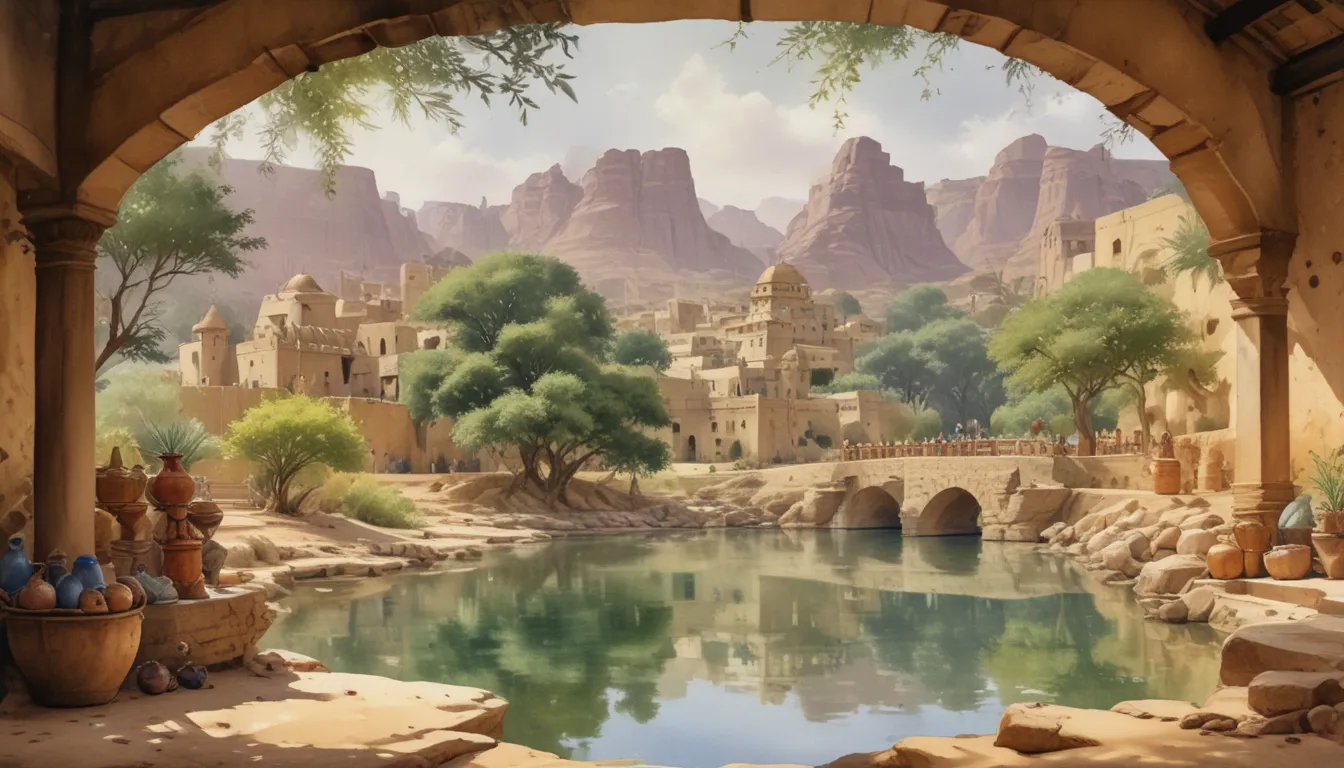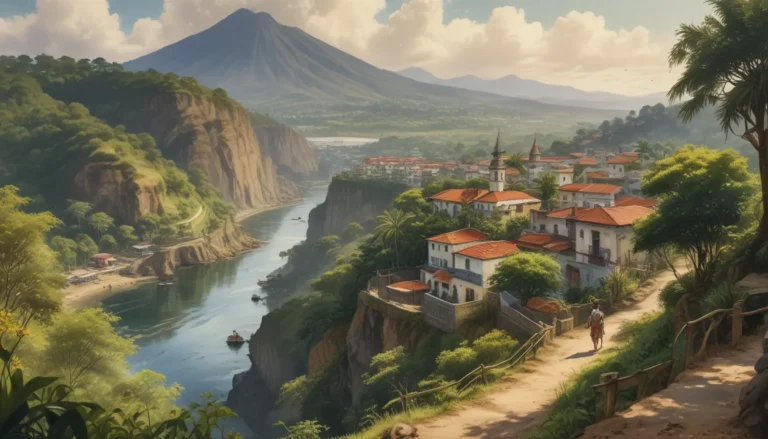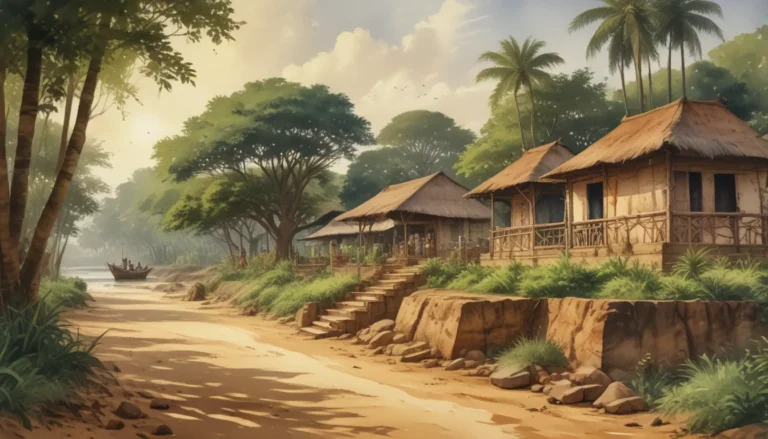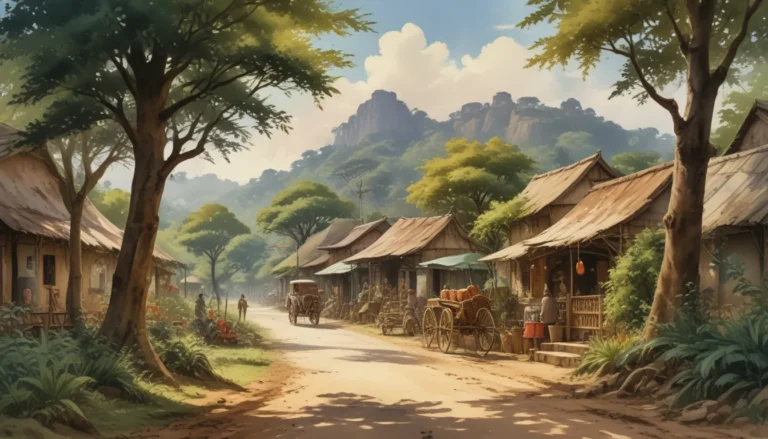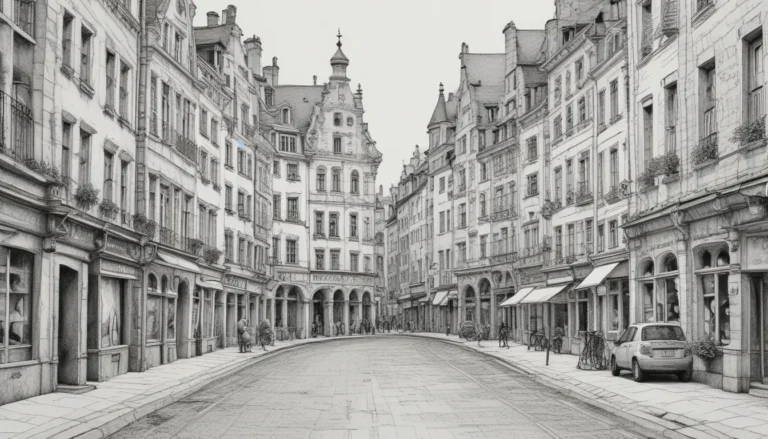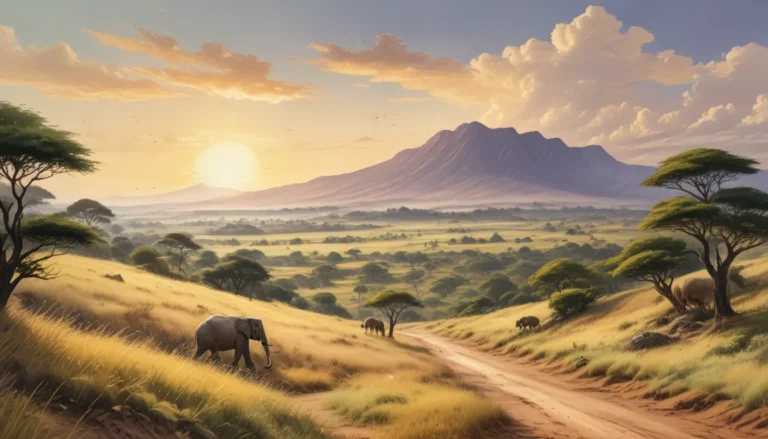The images in our articles are for illustrative purposes only and may not exactly match the content. They are intended to capture your interest and complement the text, not to replace it.
Welcome to Mali, a country nestled in the heart of West Africa, known for its vibrant culture, ancient history, and stunning landscapes. With over 19 million people calling Mali home, this country is a melting pot of traditions, music, and art that offer a unique and enriching experience for visitors.
Unveiling Mali: A Land of Diversity and Wonder
Let’s embark on a virtual journey through Mali as we unravel 46 fascinating facts about this remarkable country. From its ancient empires to its vibrant music scene, Mali has a lot to offer. So, sit back, relax, and let’s explore the wonders of Mali together.
Mali: A Jewel in West Africa
- Location: Mali is situated in West Africa, bordered by seven countries – Algeria, Niger, Burkina Faso, Ivory Coast, Guinea, Senegal, and Mauritania.
- Official Language: French is the official language of Mali, used in government, administration, education, and media.
- Cultural Heritage: Mali boasts a rich cultural heritage, with various ethnic groups contributing to its diverse traditions and art forms like the famous Djembe drumming.
- Historical Landmarks: Timbuktu, a UNESCO World Heritage Site, and the Great Mosque of Djenné are just a few of Mali’s architectural marvels.
- Musical Legacy: Mali is renowned for its traditional music and has produced globally recognized musicians like Salif Keita and Ali Farka Touré.
Mali: A Tapestry of Landscapes and People
- Diverse Landscape: From the Sahara Desert in the north to the Niger River and fertile Niger Delta in the south, Mali offers a range of natural beauty.
- Population: With over 19 million people, Mali’s capital city, Bamako, serves as the economic and cultural hub of the country.
- Climate: Mali experiences a hot desert climate, with vast temperature variations between day and night.
- Natural Resources: Despite being landlocked, Mali has rivers like the Niger and Senegal, providing essential water resources.
- Cultural Traditions: Mali’s culinary delights, vibrant textiles, and traditional wrestling sport Laamb are just a few examples of its rich cultural heritage.
Mali: A Country Steeped in History and Tradition
- Historic Empires: Mali has a rich history of great empires like Ghana, Mali, and Songhai, showcasing its ancient heritage.
- Trade and Commerce: Gold and salt were once key commodities for Mali during the trans-Saharan trade era.
- Culinary Delights: Traditional dishes like jollof rice and maafe reflect Mali’s rich gastronomic tradition.
- Textile Artistry: Local artisans create vibrant textiles using techniques like bogolan and indigo dyeing.
- Wildlife Sanctuary: Mali is home to diverse wildlife, including elephants, lions, and giraffes, making it a haven for wildlife enthusiasts.
Mali: A Symphony of Music, Art, and Culture
- Musical Legacy: Mali’s music scene celebrates traditional instruments like the kora and hosts events like the Festival au Désert.
- Cultural Celebrations: Festivals like Festival sur le Niger and Festival of the Niger showcase Mali’s artistic talents.
- Artistic Traditions: Mali’s tradition of pottery-making, bronze casting, and shea butter production highlight its creative flair.
- Local Customs: The practice of storytelling, griots, traditional clothing like boubou, and respect for elders are integral to Mali’s cultural tapestry.
Mali: A Country in Transition
- Independence: Mali gained independence from France in 1960, paving the way for political and economic challenges.
- Education: Mali faces challenges in education, with efforts being made to improve literacy rates, particularly among girls.
- Economic Landscape: Agriculture forms the backbone of Mali’s economy, with crops like millet, sorghum, rice, and cotton driving growth.
- Regional Cooperation: Mali is a member of ECOWAS, promoting economic integration among West African countries.
- Development Initiatives: Efforts are underway to address poverty, food insecurity, and sustainable development in Mali.
Delving into Mali’s Unique Offerings
In conclusion, Mali is a country that captivates with its rich history, vibrant culture, and natural beauty. Whether you’re exploring ancient cities, savoring culinary delights, or immersing yourself in traditional music and art, Mali promises an unforgettable experience. With warm hospitality, diverse landscapes, and a tapestry of traditions, Mali invites you to discover the treasures that make it a truly exceptional destination.
FAQs: Exploring Mali’s Diversity and Charm
- Capital: Bamako is the capital and largest city of Mali.
- Safety: Stay informed about security situations before visiting Mali, especially in northern regions.
- Language: French is the official language, with Bambara widely spoken.
- Attractions: Popular sights include Timbuktu, Djenné Mosque, Bandiagara Escarpment, and National Museum of Mali.
- Climate: Mali has a hot and dry climate, with temperatures varying throughout the day.
- Transportation: Travel options include private cars, public buses, taxis, and domestic air travel between cities.
- Currency: The West African CFA franc is the local currency.
- Cuisine: Traditional dishes include tô, riz au gras, and bouna fanré.
- Vaccinations: Consult healthcare providers for necessary vaccinations before traveling to Mali.
- Etiquette: Respect elders, dress modestly, and seek permission before taking photos in Mali.
Experience Mali’s Magic
As you delve into Mali’s history, culture, and natural wonders, remember that each fact and insight is a part of the rich tapestry that makes this country truly remarkable. Explore, learn, and immerse yourself in Mali’s vibrant spirit as you discover the essence of this enchanting land. Embrace the warmth of its people, the beauty of its landscapes, and the depth of its traditions, for Mali beckons with open arms to all who seek an authentic and unforgettable experience.
